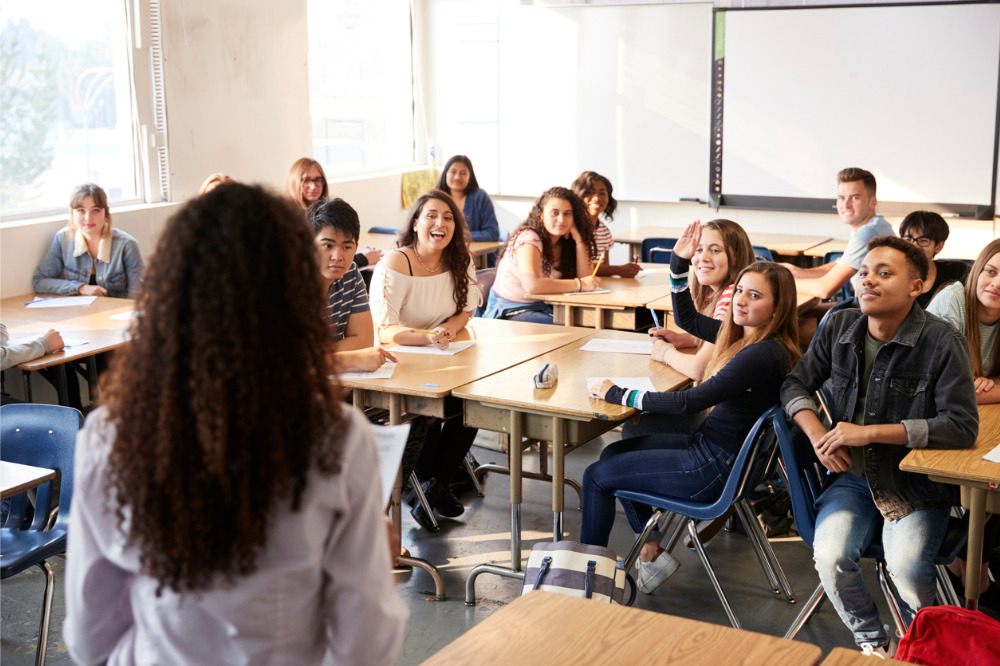
As COVID-19 was ravaging the economy, health system and education in 2020, it was also having a subtle, but important, impact on an important program helping students improve their knowledge about civics and citizenship.
In recent years, civics and citizenship education has become increasingly important as reports show young Australians’ understanding of democracy plateauing.
The latest National Assessment Program – Civics and Citizenship (NAP–CC), which tests students’ understanding of Australian democracy, system of government and civil rights, found that just 38% of Year 10 students reached the proficient standard and 53% of Year 6 students have achieved the benchmark.
One initiative aimed at improving young people’s understanding of Australia’s democracy and history is the Parliament and Civics Education Rebate (PACER) Program, which provides a travel subsidy for Year 4–12 students across Australia to visit Parliament House, Old Parliament House and the Australian War Memorial and other national institutions.
However, with interstate travel banned for most of last year, the number of school visits to Canberra plummeted by a staggering 93%.
With interstate travel restrictions easing, the Federal Government has announced it will increase the Civics Education Rebate by 50%, allowing more students to participate in the important program.
“We all have an interest in our children learning about our democracy so they have the skills and values they need to be active and informed citizens,” New Federal Education Minister, Alan Tudge, said.
“With this rebate we are giving more students from right around Australia the chance to visit our nation’s capital and learn about our history and democracy”.
Minister for Regional Education Andrew Gee said Australia’s parliamentary system, electoral processes and democratic history have an important place in the curriculum.
“This boost to the PACER program will ensure that students, especially those from regional and rural communities, can continue to come to Canberra and experience this first-hand,” he said.
“Whether it’s walking through the corridors of Parliament House or discovering stories about our nation’s servicemen and women at the Australian War Memorial – a trip to Canberra is an experience that students will never forget”.
Stewart Riddle, Associate Professor of Curriculum and Pedagogy at the University of Southern Queensland’s School of Education, said that if Australia wants to have a functioning democratic society, young people need to be given opportunities to not only learn about civics and citizenship, but also to practise their civic engagement in authentic ways.
“There is a long tradition of research into democratic education that stretches back to John Dewey, but the basic idea is that authentic and meaningful participation in democratic practices gives the best chance for young people to critically and creatively make sense of their world,” he told The Educator.
"With the cuts to Arts and Humanities courses in universities as part of the federal government’s ‘Job-Ready Graduates’ reforms and the insistent emphasis on ‘back to the basics’ in schools, it is clear that young people are being given an impoverished curriculum that has little to do with increasing their critical and creative engagement with society as capable and informed citizens".


